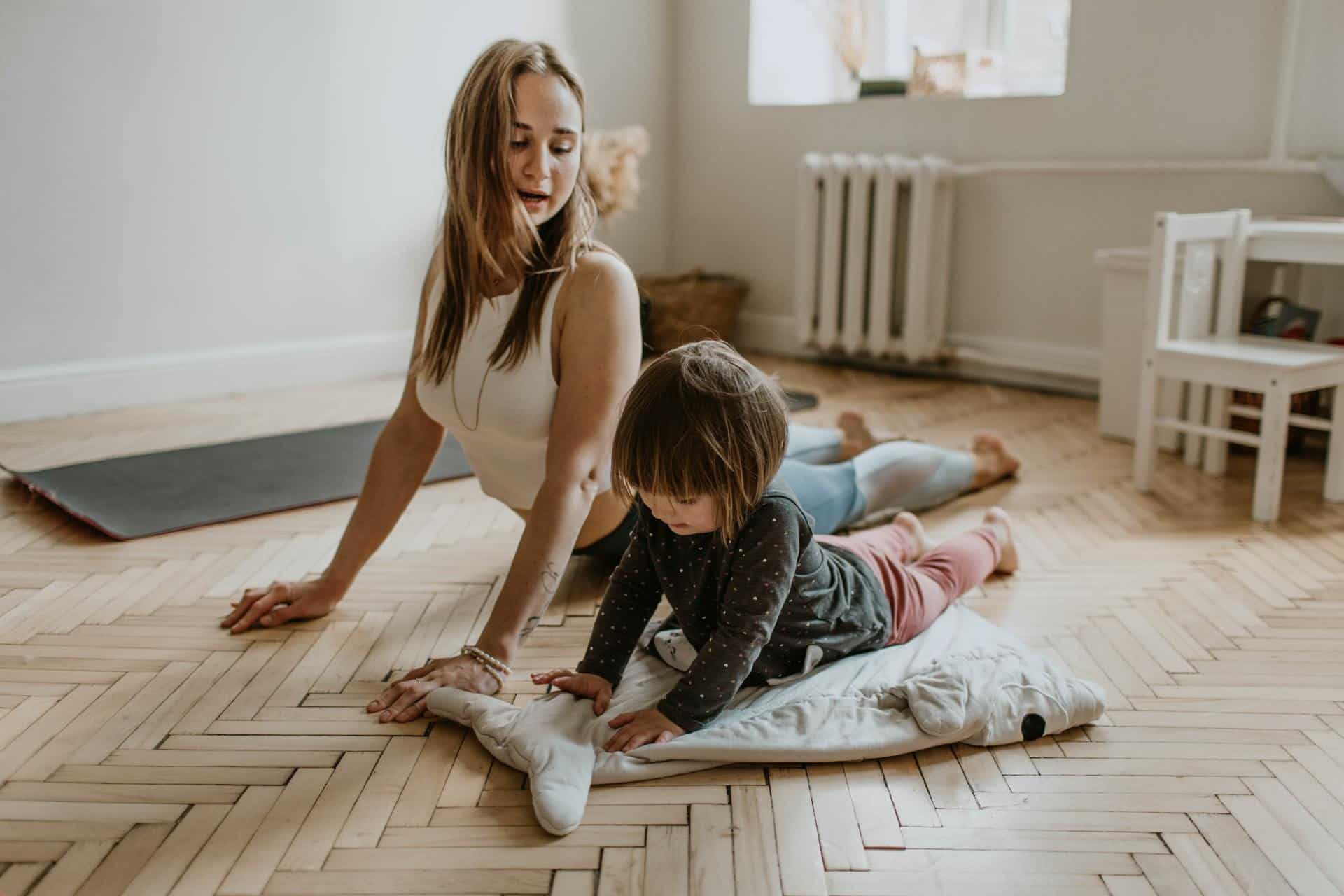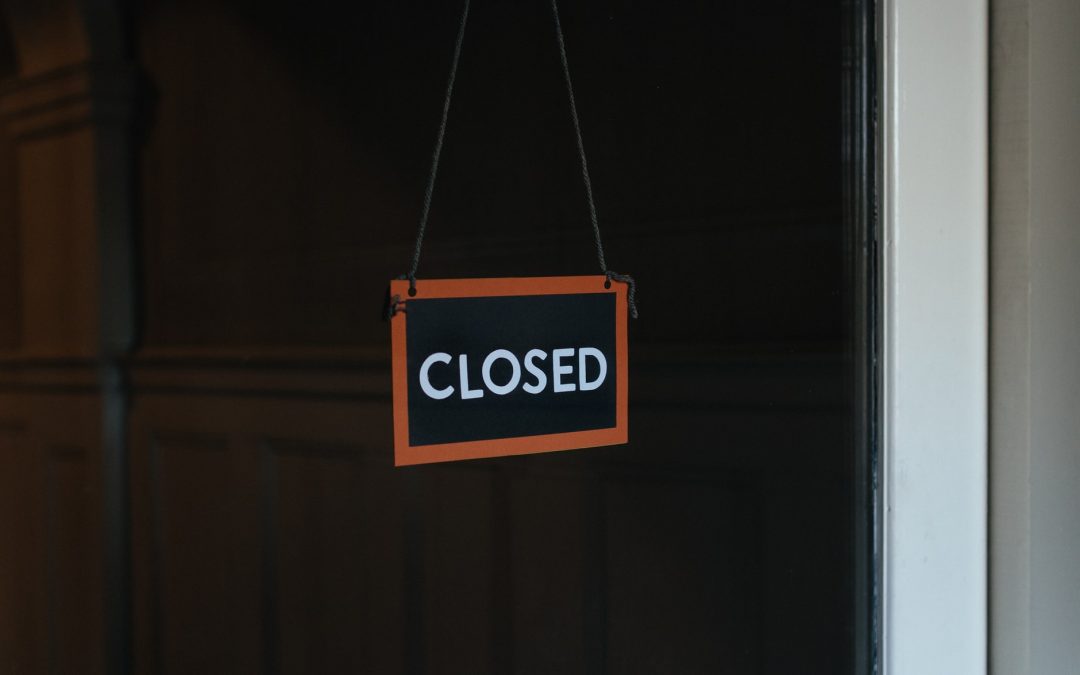Disenfranchised Grief and Fatigue
Disclaimer: This is a blog written for information only. If you are not feeling like yourself or are struggling with various emotional highs and lows it is a good idea to check in with your GP or a mental health professional.
Since the beginning of the COVID-19 pandemic, many people of all ages have been missing their daily routines and life has changed for them. In states and suburbs where people are in lockdown in their homes, to reduce the spread of the virus, they have been missing their routines, social events, school, sporting / recreational activities and extended family and friends. People are struggling to find things to look forward to.
These changes in routine have increased people’s stress and feelings of loss and grief as they have had to adapt and move towards a restricted temporary way of life. The loss experienced by people of routines and ‘normal life’ can be explained as ‘disenfranchised grief’. It refers to a loss that is not openly acknowledged, socially mourned or publicly supported.
People experiencing disenfranchised grief may be grieving their daily routine, time to themselves, not having birthday celebration; missing sporting events, and not seeing family and friends. Symptoms can include irritation, sadness, fatigue, tearfulness, stress and withdrawal. Similarly people may be re experiencing the grief of a loved one that they had previously thought they had processed.
Anecdotal information as reported by mental health professionals suggests there has been an increase in family, relationship, schooling career and financial stress. The reduction of activities, social engagement and changes work and schooling life has meant people’s stress. This stress can also include changes in understanding a person’s identify. For example if people are social and part of a sport team, their self-identity, in particular for those who would ‘usually’ define themselves though aspects of their “normal” life. This has impacted on mental health and functioning for adults, adolescents, and children alike.
You are not alone
The lockdown announcements are may be perpetuating a variety of psychological symptoms that are outside people’s general scope of emotions such as increased anger, feelings of hopelessness, irritability, stress, distress, panic and depression. Many are contending with emotional burnout especially those in the health and frontline workplaces.
If you are feeling overwhelmed and tired. Acknowledge, understand and honour losses and changes to your life during lockdown, that’s the first step.
Practice self-care

Life goes on in various ways, self-care but it is vital. Self-care is the practice of taking an active role in protecting one’s own well-being and happiness, in particular during periods of stress.
Some ways you can practice self-care are:
Exercise
Research supports exercise for helping people manage symptoms of stress, anxiety, depression, grief and PTSD. Please try to exercise if you don’t already, block some time out each day, even if it’s just a work around the block. Your mind and body will benefit.
Breath work
There is so much research on the benefits of breathing. Breathing deeply activates specific neurons that detect blood pressure. These neurons signal to the vagus nerve that blood pressure is becoming too high, and the vagus nerve in turn responds by lowering your heart rate and bringing your body in a state of calm.
Stay connected with others
You are probably missing your support network and are feeling isolated. Try to schedule in regular online catch-ups or phone calls with friends and family. Isolating yourself at these times only serves to emphasise the negative emotions. The antidote is acknowledging and sharing (not indulging) your feelings.
Routine helps when coping with uncertainty
Right now we need to remember who we are and our strengths. These strengths may be things we focus on and draw on when days are not as easy.
Maintaining routines will assist your body and mind to effectively deal with uncertainty. Routines often provide a much-needed sense of comfort and normalcy.

- Wake up
- Get dressed and out of PJs
- Get ready for the day
- Make the kids get ready too – brush teeth and hair
- Do exercise
- Eat well – take care to drink water
- Focus on relaxation and getting good sleep
We need to remind out children in lockdown how well they are doing and continue to support them.
This lockdown has hit a lot of people harder than the others, so remember to acknowledge your grief, practice self-care and utilise routine to cope over the coming weeks.



